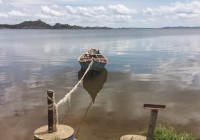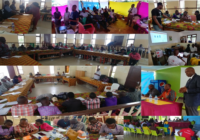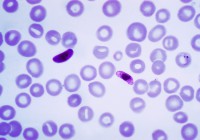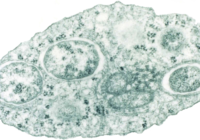Precision Mapping-Tackling a major obstacle on the road towards the elimination of schistosomiasis

Schistosomiasis affects over 200 million people, yet it is a highly focal disease, with the likelihood of re-infection necessitating regular treatment of at-risk populations. Mapping methods that do not take into account the focal nature of it’s distribution can lead to at-risk communities not being treated or over-treating communities that do not need it. This causes several issues, from wasted medicines and resources to treatment fatigue and non-compliance (where communities refuse to take donated medicines). The answer could be a refined, higher resolution, dynamic mapping system, i.e. Precision mapping!




